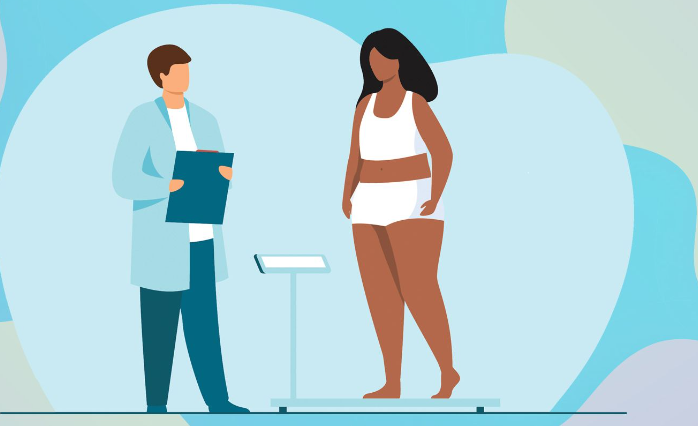According to a new study, people who lose weight to help control their diabetes also benefit from other significant health benefits, including Heart Disease
According to research published in the journal Diabetologia on January 18, there was a 40% decrease in heart disease cases and a 33% decrease in renal disease cases associated with significant weight loss that even produced a brief remission of type 2 diabetes. Lead researcher Edward Gregg, head of population health at RSCI University of Medicine and Health Sciences in Dublin, said, “This is encouraging news for those who can achieve remission from type 2 diabetes, as it is the first intervention study to associate remission with a reduction of diabetes-related complications.” For a period of 12 years, researchers followed 5,145 people with type 2 diabetes who were overweight or obese.
About 18% of patients randomly assigned to an intensive diet and lifestyle plan wound up controlling their diabetes to the point where they needed no medication and had normal blood sugar levels, which researchers considered remission. Those patients had lower rates of heart and kidney disease than those who didn’t achieve remission, researchers found. Further, the risk of heart or kidney disease declined most in people with longer-term remission.
Also read-Research Connects Pregnancy-Related Acetaminophen Use With Behavioral Problems In Children

Heart Disease
Those who experienced at least four years of remission had a 49% reduced risk of heart disease and a 55% reduced risk of kidney disease. Patients were more likely to go into remission if they hadn’t had diabetes for long, had more control over their blood sugar and experienced a large magnitude of weight loss, researchers said. It’s not easy to remain in remission. Only 3% of patients were still in remission by the eighth year of the study, researchers noted.

Heart Disease
But even short-lived episodes of remission were associated with lower rates of heart and kidney disease compared with patients who never achieved remission. “While our study is also a reminder that maintenance of weight loss and remission is difficult, our findings suggest any success with remission is associated with later health benefits,” Gregg said in a university news release.

Heart Disease
Frequently asked questions
Diabetes and weight loss: what you need to know
While controlling your diabetes, are you attempting to lose weight? “Reducing even 5% of your total body weight can significantly improve your health if you are overweight. According to registered dietitian Andrea Dunn, losing weight can help with blood sugar regulation, high blood pressure, heart disease risk, and even medication dosage.
But it’s crucial to avoid a quick fix when thinking about your alternatives for losing weight if you have Type 1 or Type 2 diabetes. Dunn advises concentrating on healthy eating and a commitment to long-term improvements for long-term success. She goes over what more you need to know below to successfully lose weight while having diabetes.
The relationship between diabetes and weight loss
One of the main risk factors for insulin resistance development is obesity. Furthermore, establishing insulin resistance is a major step toward type 2 diabetes. It also poses a significant challenge to maintaining long-term blood sugar control. However, lowering weight can be a useful countermeasure; according to one study, cutting 16 percent of your extra weight can reverse diabetes.
If you have Type 1 diabetes, maintaining a healthy weight is also an admirable objective. However, insulin cannot be produced by patients with Type 1 diabetes; instead, they must take an injectable form. Therefore, extra precautions are required. Insulin use and eating extra carbohydrates to stabilize low blood sugar levels can both result in weight gain.
Can diabetes be caused by too much sugar?
Sugar is present in many of the foods we like eating as well as all around us. You are undoubtedly aware that sweets like pies, cakes, cookies, and other delights are loaded with sugar. However, it could be more difficult to tell if certain foods—like dairy, breakfast cereal, and barbecue sauce—have a lot of added sugar. Can consuming an excessive amount of sugar cause diabetes? According to diabetes educator Sue Cotey, RN, “sugar plays a part, but it doesn’t cause diabetes directly.” She discusses the connection between sugar and diabetes as well as ways to cut back on sugar intake.
Also read-Higher Infant Death Rates In States With Prohibition On Abortion: Analysis
images source: Google
Disclaimer: The opinions and suggestions expressed in this article are solely those of the individual analysts. These are not the opinions of HNN. For more, please consult with your doctor




































